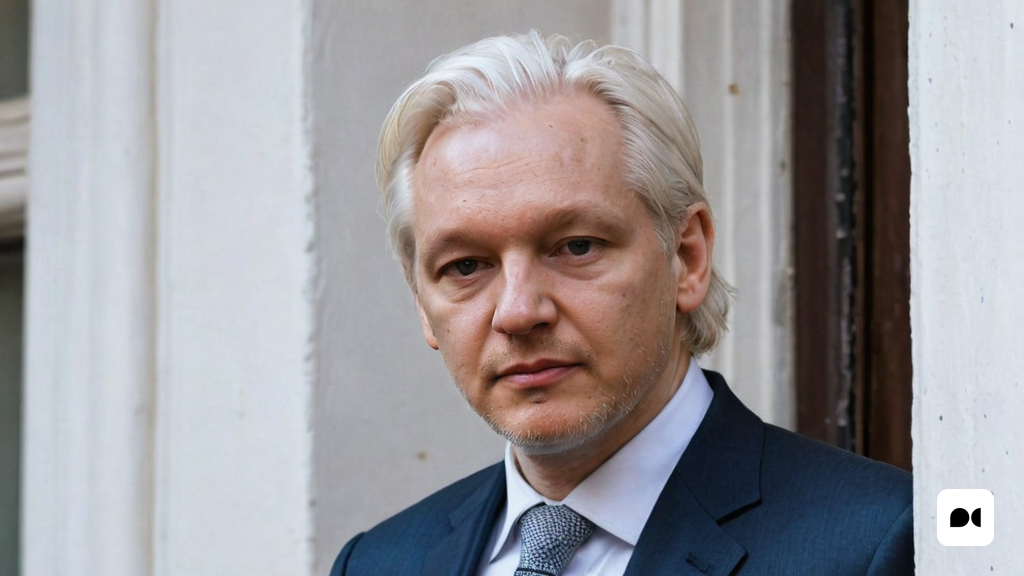The High Court in London stops the extradition of Julian Assange to the United States
The High Court of London has decided to stop, temporarily, the extradition of the journalist Julian Assange to the United States. Assange has been prosecuted for more than a decade and is charged with 17 counts of espionage and one count of computer fraud. This court decision highlights the political nature of the persecution that Assange has suffered since 2010, when he revealed hundreds of thousands of classified documents about the wars in Iraq and Afghanistan. These revelations exposed the use of torture and the killing of civilians by the US military, causing a great scandal worldwide.
The weaknesses of democratic states in the persecution of Assange
Beyond the possible controversies surrounding Assange, his persecution highlights the weaknesses of democratic states that defend human rights. State secrets and document classification cannot be used as excuses to hide or protect crimes. The security of states cannot justify illegal conduct or the persecution of those who denounce these facts. This case also questions the right to information and the control of public authorities, which must take into account the ethics of power at all times.
The future of Assange and the guarantees of the trial
British courts have asked the United States for assurances that Assange will have a fair trial and that he will not be given the death penalty. Currently, Assange is already serving an unjust sentence, as he has been in a maximum security prison in the United Kingdom for five years. Before that, he was locked up in the Ecuadorian embassy for seven years. The persecution of Assange has had an impact on freedom of expression and has generated a deterrent effect on other citizens and journalists who could see their fundamental rights limited.

